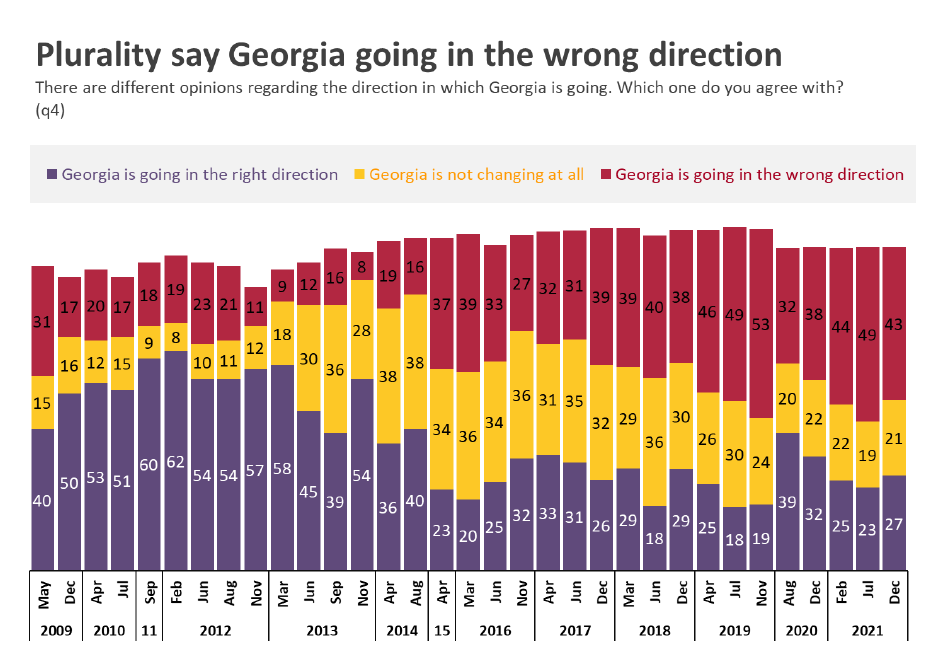 19.01.2022 (Caucasian Journal). In December 2021, the leaders of the EU and of the Eastern Partnership (EaP) met for the Eastern Partnership Summit in Brussels. It was the first EaP summit in four years. EaP is a joint policy initiative launched in 2009 to strengthen relations between the EU and its six neighbours: Armenia, Azerbaijan, Belarus, Georgia, Moldova and Ukraine.
19.01.2022 (Caucasian Journal). In December 2021, the leaders of the EU and of the Eastern Partnership (EaP) met for the Eastern Partnership Summit in Brussels. It was the first EaP summit in four years. EaP is a joint policy initiative launched in 2009 to strengthen relations between the EU and its six neighbours: Armenia, Azerbaijan, Belarus, Georgia, Moldova and Ukraine. To better understand the results of EaP Summit, Caucasian Journal asked Ambassador Gert ANTSU (Estonia), Special Envoy of the Ministry of Foreign Affairs for the Eastern Partnership, to comment on the future of EaP and relations between EU and South Caucasus states. This is the second interview of Gert Antsu to CJ; the first one can be found here.
▶ ქართულად: Read the Georgian version here.
▶ Հայերեն: Read the Armenian version here.
Alexander KAFFKA, editor-in-chief of CJ: Many people across Europe and our region in particular have been looking forward to the EaP Summit. Now, we have seen the official statements as well as some experts’ opinions, but have been seeking for the insider’s comments – well-informed, neutral, and professional. Did you have any high (or low) expectations from the recent EaP Summit? Was there anything that surprised you, in other words was very different from what was expected?
Gert ANTSU: I would say that the expectations were moderately high – after all, there had been no summit for four years, and meeting up at the level of heads or state was already a positive political signal. Furthermore, there had been ample time to put together and discuss the future goals and set-up of Eastern Partnership – at least between the EU member states. Even if there was not to be a revolutionary change in the Partnership, the steady continuation of integration of the partner countries with the EU was a worthy aim, and I very much hoped that any possible squabbles over the wording of the joint declaration would not derail the real integration process. There were difficult negotiations between the EU member states and also between the EU and the partner countries, but I am happy that in the context of high geopolitical tensions it all ended well, we got an agreement on the joint declaration, and in 2022 we can start implementing the new directions of the policy.
AK: Could you share your overall impression of the Brussels Summit? Is there anything you might add regarding the countries from Association Trio (Georgia, Moldova, and Ukraine) in particular?






